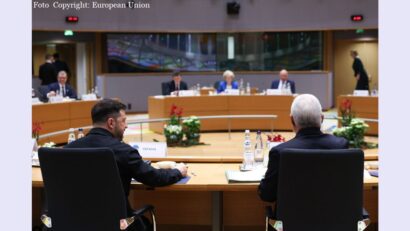Romania After the Presidential Election
The result of the presidential election in Romania might impact the country's economy.

România Internațional, 18.11.2014, 15:00
There will be no increased volatility on the domestic financial markets following the recent presidential election in Romania. On the short term, the effects might even be positive. That is the forecast of the Austrian group Erste, whose analysts have pointed out that things might change depending on political developments, as a possible redesign of the parliamentary majority might trigger the change of the government and have economic effects.
For the time being, Social Democrat Prime Minister Victor Ponta, who lost the presidential race, has given assurances that he will continue to govern the country in spite of calls for his resignation by the rightist opposition and certain politicians from his own party. The Government’s top priority in the wake of the election is, according to Erste analysts, to provide the 2015 draft budget to cover the pre-election populist measures. Those measures were firmly challenged by the opposition whose candidate, Klaus Johannis won a landslide victory in the presidential election. Economic analyst Aurelian Dochia believes that the recent election will only have a short-term emotional impact:
“On the short and medium term, the fundamental data will outweigh, no doubt about it. The excitement generated by the election will fade out and it is the economic indicators that will influence markets.”
A 2015 draft budget is essential to determine how foreign investors will regard Romania, Erste analysts say, warning that there might be some risks likely to prevent the GDP from going up by 1.8% this year, as they had previously estimated. Romania’s GDP increased by 1.9% in the third quarter of the year, as against the previous three months, and by 3.2% as against the third quarter of 2013. Consumption and exports made an important contribution to that result, while investment went down at a lower rate as compared to the previous period.
Special attention should be paid to the less favourable international circumstances. The world economy has reached its lowest level in the last two years and Europe’s stagnation remains a major stumbling block. Almost two thirds of the investors interviewed by the Bloomberg agency, say the euro zone’s situation worsens by the day, while 89% of them believe that next year deflation will be a bigger threat to economy than inflation. On the same note, the International Monetary Fund chief, Christine Lagarde, has said that the euro zone faces the serious risk of slipping back into recession, for four main reasons: a low economic growth rate, a low inflation rate, a high unemployment rate and huge debts.






























